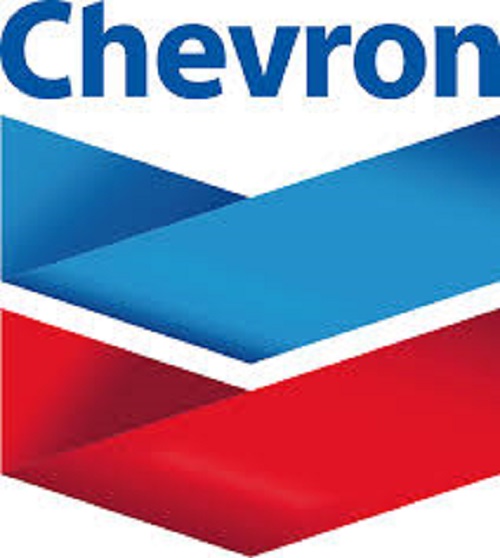Chevron Nigeria Limited (CNL), deploys tracking emissions in its operating facilities in Nigeria. Through this, the company is pursuing lower carbon and strengthens capacity.
The oil major in its 2021 Corporate Responsibility Report, said it is focusing operations on methane, flaring and energy management and has instituted key projects to reduce greenhouse gases and eliminate methane emission from its operations.
Chevron, who confirmed most of the projects are at various level of completion, said it is gradually eliminating the use of natural gas as inert flare purge gas in its EGTL operations; increased focus on identifying and addressing hydrocarbon leaks using the leak detection and repair (LDAR) programme; eliminating routine gas flaring and building a profitable gas business through a diverse portfolio of Okan GGCP Tri-ethylene Glycol (TEG) Regeneration Package being moved to the GGCP Deck 33 2021 corporate responsibility report chevron in Nigeria domestic, regional and export supply projects that fulfill the NNPC/CNL Joint Venture’s Domestic Gas Supply Obligation (DGSO) and support the Nigerian Gas Master Plan.
Chevron said, it is supportive of Nigeria’s commitment towards energy transition with special focus on both clean energy technologies and natural gas and the Decade of Gas initiatives led by the Ministry of Petroleum Resources.
“We have progressively achieved a 95 percent reduction in routine flaring in our joint venture operations in the past 10 years. Chevron intends to be a leader in efficient and lower-carbon production of traditional energy – in high demand today and for years to come – while growing the lower-carbon businesses that will be a bigger part of the future.
“As a company, Chevron is taking actions globally to create a lower-carbon future by reducing the carbon intensity of our operations and assets, increasing the use of renewables and offsets, and investing in low-carbon technologies,” Chairman and managing director, Rick Kennedy said.
In 2021, Chevron Nigeria continued to monetise recoverable natural gas resources of approximately 17 trillion cubic feet in the Escravos area through a combination of domestic and export sales and use as fuel in company the. Net daily production in 2021 averaged 510 million cubic feet of gas per day.
“The EGTL has led to the production of high-quality diesel, naphtha and liquefied petroleum gas,” the company said.
The continues to demonstrate commitment to the socio-economic development of Nigeria by building mutually beneficial partnerships and supporting the federal government’s Nigerian Content Development (NCD) policies as it builds the capacities of Nigerian businesses by allocating substantial scopes of its major capital projects to Nigerian companies.
In order to achieve this, the company adopted a four-pronged approach which includes using the oil and gas proceeds and developing the local commerce and industry.
As a prove of its resolve to walk its talk, CNL partnered with several Nigerian companies to build and strengthen local capacity and capabilities through the following projects and initiatives such as the Escravos export system project (EESP); the contract for the engineering and fabrication of two Single Point Mooring (SPM) buoys was awarded to Fenog Nigeria Limited, a community contractor.


Comment here